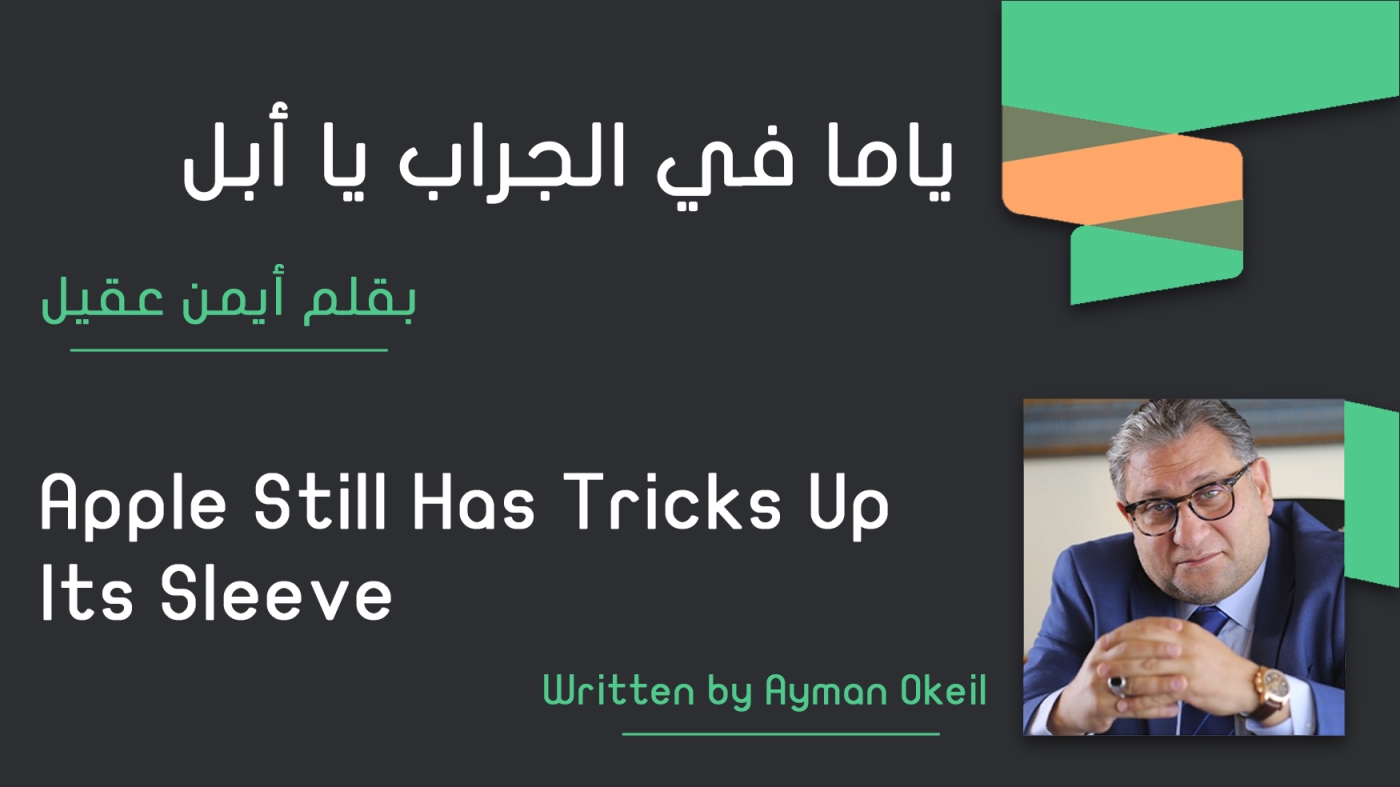By Ayman Okeil
An escalation is looming from the Democratic Republic of the Congo (DRC) against Apple, following complaints filed in France and Belgium. These complaints accuse Apple of being complicit in financing conflict in the DRC by sourcing minerals from areas controlled by armed groups that profit illegally from the extraction of these minerals, which are then smuggled to Apple suppliers. The legal complaints, lodged by lawyers on behalf of the Congolese Minister of Justice, target not only local companies affiliated with Apple but also the Apple Group as a whole. The DRC is one of the richest countries in natural resources, supplying approximately 74% of the world’s cobalt, with reserves estimated at 6 million tons. Cobalt is a crucial component in the production of mobile phone batteries. In addition to cobalt, the DRC is a significant source of tin and tantalum—collectively known as “3T” minerals—used in the manufacture of computers and mobile devices.
The allegations brought forth by the DRC suggest that Apple employs deceptive practices to obscure the origins of these minerals, falsely labeling them as sourced from non-conflict zones. This assertion contradicts the claims made by the lawyers, who have gone so far as to describe Apple’s products as “contaminated with the blood of the Congolese people.”
Investigative reports indicate that Apple sources minerals from mines it controls, particularly in the Lucuma mine, where abusive practices by armed groups are prevalent. Reports highlight severe issues, including child labor, unpaid work, and exorbitant taxes imposed on traders in these regions. Evidence suggests that these mines are operated by armed groups engaged in crimes against civilians. Additionally, these groups are implicated in the illicit trafficking of explosives and materials used to manufacture explosive devices. INTERPOL and various civil society organizations have reported significant smuggling activities involving ammonium nitrate near the DRC border, a material commonly used in explosive devices. Various reports indicate that operations carried out by the March 23 terrorist movement against the Congolese army have resulted in hundreds of civilian casualties.
In response to these allegations, Apple has stated that the minerals obtained by its suppliers do not finance the conflict. Apple’s responses to these accusations indicate that external entities are currently investigating these allegations on behalf of the company. However, Apple has not provided sufficient evidence to demonstrate that its suppliers are not involved in sourcing minerals from armed groups. This is not the first time Apple has faced accusations of human rights violations and child labor. A Washington-based law firm previously filed a lawsuit on behalf of 14 parents and children from the Democratic Republic of the Congo, alleging Apple’s complicity in severe child abuse, including death and serious injury, in cobalt mines.
Under the UN Guiding Principles on Business and Human Rights, the United States should mandate that Apple respect human rights in its business activities and supply chains. Yet, the U.S. has overlooked Section 1502 of the Dodd-Frank Act concerning companies sourcing minerals from the Great Lakes region of Africa. This section requires U.S. companies to disclose whether their products contain “conflict minerals” sourced from the Democratic Republic of the Congo or neighboring countries. Therefore, I believe the responsibility to address the allegations against Apple is shared by both the company and the United States government.

